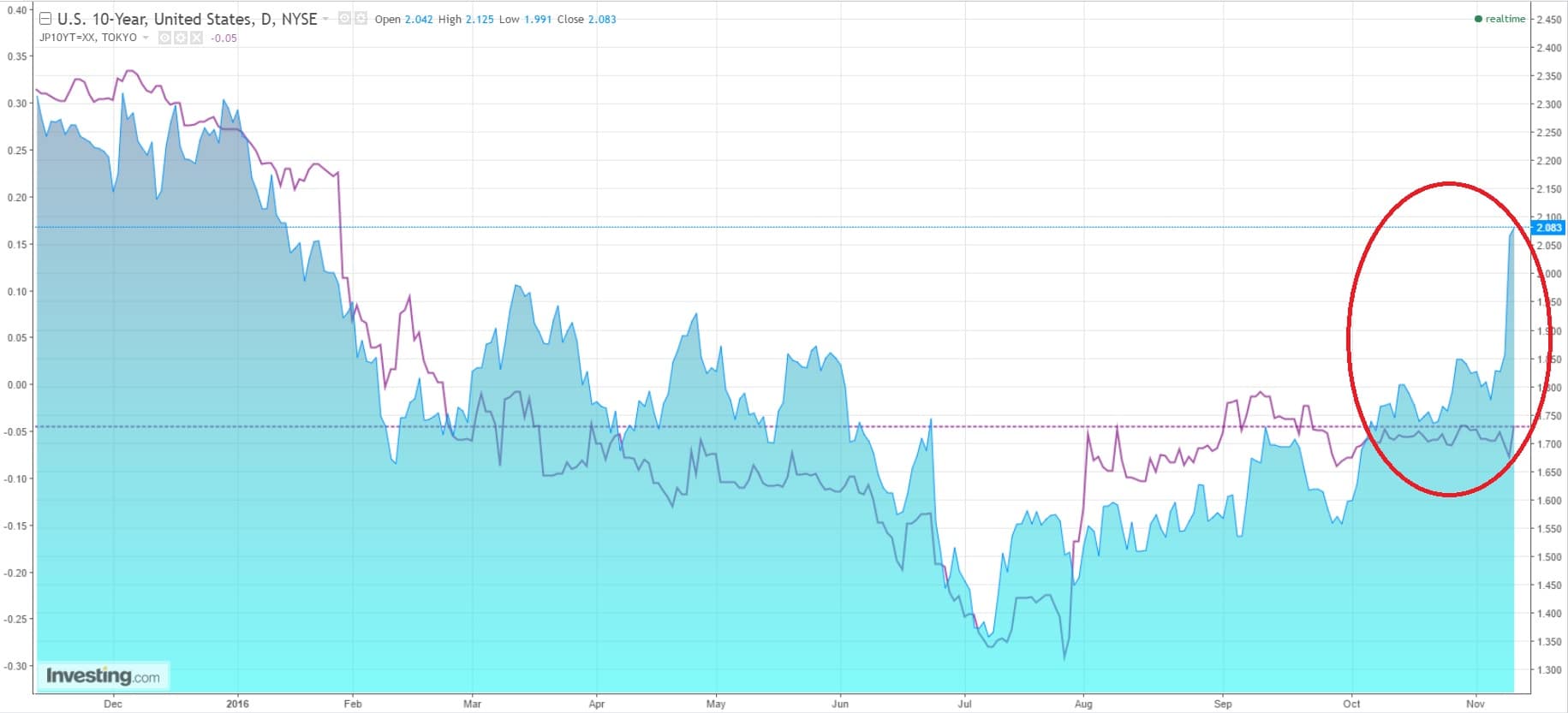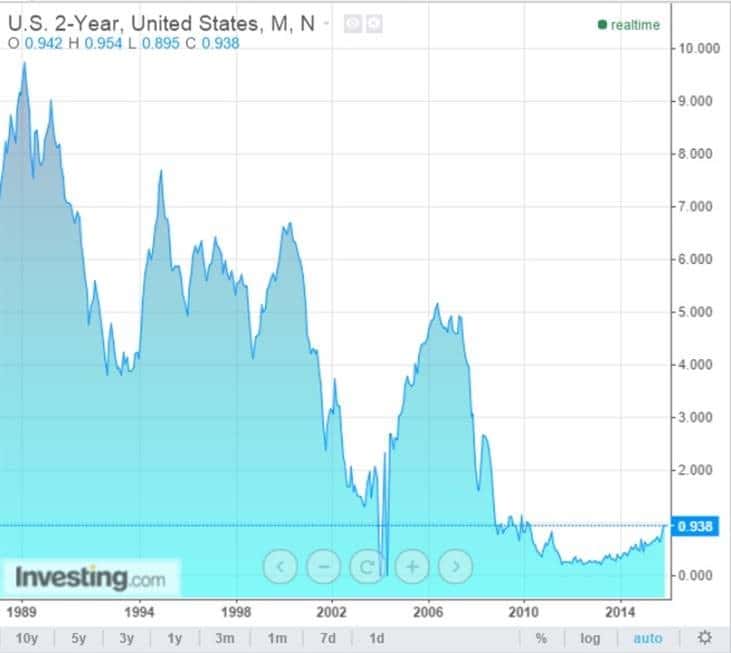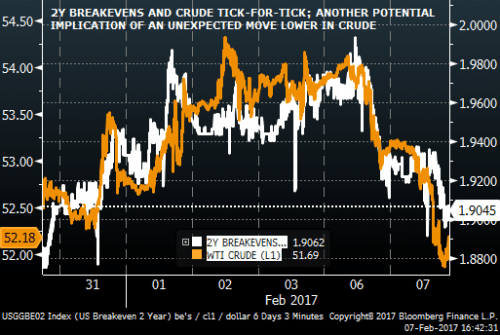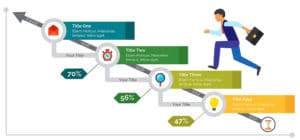A brief follow-up of our previous note: ‘UK: peak economy and peak public’.
As a reminder, this is about the relationship between economic and social conditions. The proposition is simple: while economic despair has undoubtedly supported the spread of social unrests since the financial crisis, the recent – and almost providential – economic upswing that followed the Brexit and the US elections may have worked as a rallying factor, i.e. been felt as an evidence that more decisive politics were finally ‘working’.
A touch of aggressive fiscal guidance has probably strengthened that perception. As a matter of fact, economic expectations have rapidly increased since then.
We suggest it’s yet another dangerous game whose tricks look very similar to previous public policy actions. The economic upswing, while real during a couple of quarters, is only temporary and likely to fall short of expectations. Real conditions struggle to deliver.
To test for these assumptions, we’ve been inverting the logic by considering unconventional political symptoms as a potential source of information about underlying business conditions.
In other words, could the surprising ‘U-turns’ that characterize today’s political scene provide useful information about the current state of the economy ?
Make your mind.
Here’s a follow-up of our previous note on the subject.
Bloomberg comments : ‘Pound Falls on Tighter Polls as Traders Wake Up to Election Risk’:
Sterling fell against all of its 16 major peers on Friday after a poll showed the Conservative Party’s lead over the main opposition Labour Party has narrowed to five percentage points with two weeks to go until the June 8 election. That comes after weeks of surveys showing a bigger Tory lead had made the vote all but a foregone conclusion for the market. |
A the same time, the Financial Times titles : ‘Sterling knocked to two-week low on narrowing UK election polls’
The pound has been knocked to a two-week low on the back of a narrowing in the polls ahead of the UK’s general election, which show the Labour party making ground on Theresa May’s Conservatives. … Polls last month pointed to a 20point Conservative lead over Labour. Last week, US investment bank Citi said its base case scenario was a Tory majority of over 100 seats. But the sharp narrowing to just a 5 percentage point gap marked the “key” threshold where markets will begin to doubt the probability of a Tory majority, said Jordan Rochester at Nomura. |
What about some correlation between election polls and the fate of economic conditions ?
Politics, after all, can also backfire.
Jacques







